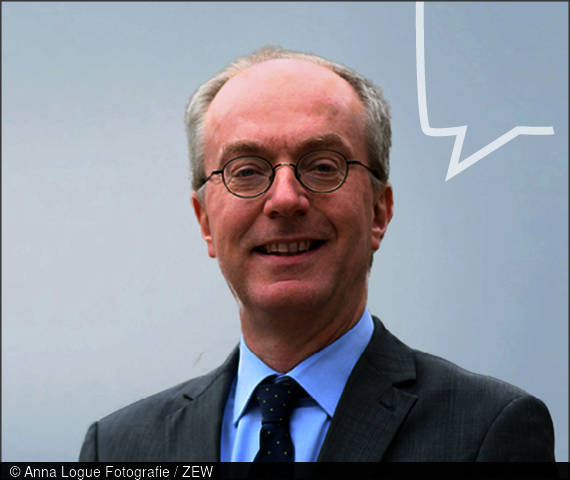The EU’s Financial Boon Could Prolong the Reform Backlog
CommentZEW Economist Friedrich Heinemann on the EU Special Summit
After days of negotiations, the European Council agreed on the EU Recovery Fund package and the next EU multiannual financial framework. The “Next Generation EU” package, which is intended to speed up the recovery from coronavirus-induced recession, remains at 750 billion euros. However, the 500 billion euros in grants provided for in the Commission proposal have been reduced to 390 billion euros, with the rest being made available to Member States as loans. The whole package is financed by EU borrowing, which is to be repaid by 2058.
Professor Friedrich Heinemann, research department head at ZEW Mannheim, comments on the outcome of the summit:
“It is good that Europe has proven itself capable of action in the most severe recession of the post-war period. Europe should be grateful to the ‘frugal four’ for correcting many important details. For example, the Council is being granted more rights to monitor the use of funds, and the money is flowing faster than originally planned. It is also to be welcomed that a higher proportion of the funds is now distributed among the Member States according to the actual severity of the recession. Despite all this progress, we should not delude ourselves. The lack of competitiveness and low growth prospects in countries like Italy cannot be solved with transfers and loans from Brussels. Only comprehensive reforms of labour markets, public administration and the education and innovation system will help. A major risk is that the short-term financial boon by the EU blessing will now even prolong the reform backlog.”

